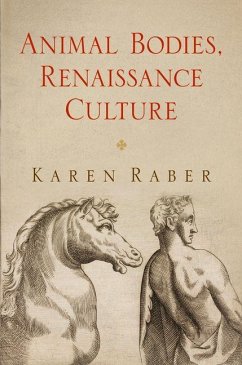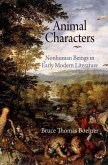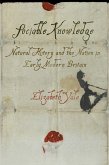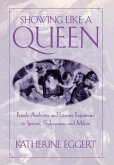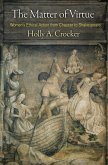Animal Bodies, Renaissance Culture examines how the shared embodied existence of early modern human and nonhuman animals challenged the establishment of species distinctions. The material conditions of the early modern world brought humans and animals into complex interspecies relationships that have not been fully accounted for in critical readings of the period's philosophical, scientific, or literary representations of animals. Where such prior readings have focused on the role of reason in debates about human exceptionalism, this book turns instead to a series of cultural sites in which we find animal and human bodies sharing environments, mutually transforming and defining one another's lives.
To uncover the animal body's role in anatomy, eroticism, architecture, labor, and consumption, Karen Raber analyzes canonical works including More's Utopia, Shakespeare's Hamlet and Romeo and Juliet, and Sidney's poetry, situating them among readings of human and equine anatomical texts, medical recipes, theories of architecture and urban design, husbandry manuals, and horsemanship treatises. Raber reconsiders interactions between environment, body, and consciousness that we find in early modern human-animal relations. Scholars of the Renaissance period recognized animals' fundamental role in fashioning what we call "culture," she demonstrates, providing historical narratives about embodiment and the cultural constructions of species difference that are often overlooked in ecocritical and posthumanist theory that attempts to address the "question of the animal."
To uncover the animal body's role in anatomy, eroticism, architecture, labor, and consumption, Karen Raber analyzes canonical works including More's Utopia, Shakespeare's Hamlet and Romeo and Juliet, and Sidney's poetry, situating them among readings of human and equine anatomical texts, medical recipes, theories of architecture and urban design, husbandry manuals, and horsemanship treatises. Raber reconsiders interactions between environment, body, and consciousness that we find in early modern human-animal relations. Scholars of the Renaissance period recognized animals' fundamental role in fashioning what we call "culture," she demonstrates, providing historical narratives about embodiment and the cultural constructions of species difference that are often overlooked in ecocritical and posthumanist theory that attempts to address the "question of the animal."
Dieser Download kann aus rechtlichen Gründen nur mit Rechnungsadresse in A, D ausgeliefert werden.

